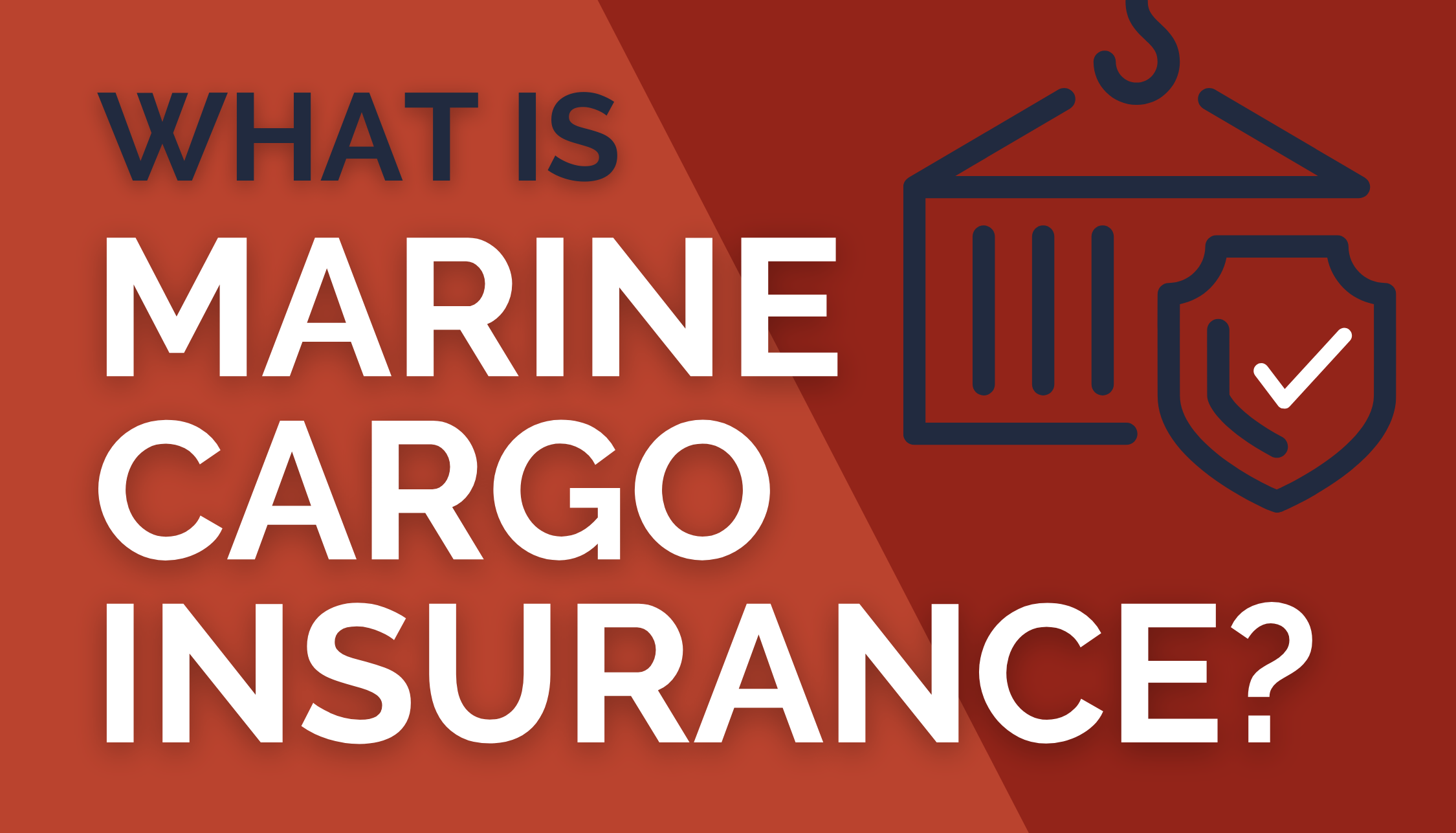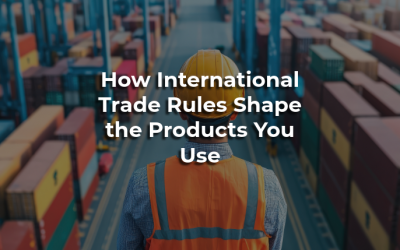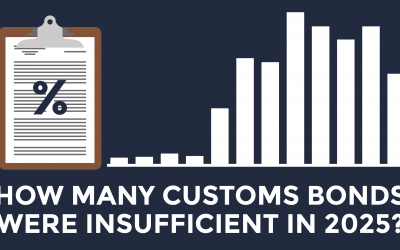Marine Cargo Insurance covers the loss, damage, or theft of commodities while in transit between the point of origin and final destination.
This is also known as shipping insurance or freight insurance. Marine Cargo Insurance is one of the most essential branches of insurance and an indispensable aid to international trade.
Cargo Loss and Damage
Cargo loss is always possible when shipping internationally. Not counting catastrophic events, there are approximately 350 containers lost at sea each year. Counting catastrophic events, there are approximately 675 containers lost at sea each year. The number of containers lost in a catastrophic event can vary from 50 to several hundred.
Also, when shipping internationally, damage is always possible. Annual worldwide ocean cargo losses generally exceed $2.4 billion each year. Mishandling of cargo while loading or unloading, weather conditions, water damage, and piracy are common reasons for damage.
What is Covered by Marine Cargo Insurance?
Marine Cargo Insurance is a type of property insurance that insures property while in transit against physical loss or damage arising from perils associated with the navigation of the sea, air, land, and/or inland waterways. Therefore, a Marine Cargo Insurance policy may be written to include goods to be shipped via:
- Ocean Freight
- Air Freight
- Rail Freight
- Truck Freight
Marine Cargo Insurance can include international, domestic, and/or inland transit, warehouse coverage, and more.
Marine cargo policies are customizable to fit the needs of any company. There are different policy types for businesses to consider. There are also many coverage options for importers to choose from.
Why Shippers Should Purchase Marine Cargo Insurance
The primary purpose of Marine Cargo Insurance is to protect companies from suffering lost revenue. Since loss or damage to a shipment can ruin a company’s bottom line, purchasing additional freight coverage can mean the difference between growing a company and shutting its doors. It is available to help a company move forward and protect their business investments.
When shippers do not purchase a Marine Cargo Insurance policy, they are only covered by carrier limit of liability. Carrier limit of liability determines the maximum amount of money that carriers can be held liable for in the event of damage, loss, or delay of cargo. A carrier is only liable to a shipper when loss or damage of cargo is due to carrier negligence. On top of that, carriers hardly cover the loss experienced by the shipper.
Another reason to have a policy in place is when there is a case of General Average. The law of General Average states that cargo owners are jointly responsible for losses or costs associated with protecting a ship’s cargo.
When General Average is posted, importers can experience loss of cargo or extreme delays in delivery. If the importer does not have Marine Cargo Insurance in place, they must post an Average Bond immediately. Until the bond is posted, the importer will not receive the cargo that survived the General Average Event.
If a General Average situation occurs, those properly insured will have their portion of the claim covered. Without the proper protection, the cargo’s owner is fully liable for their portion of the claim. Since not all policies offer this protection, importers must determine if they are covered for and if General Average is included before purchasing their policy. All-risk policies with Trade Risk Guaranty offer General Average coverage.
Interested in Learning More?
Getting started is easy. At Trade Risk Guaranty, we offer Marine Cargo Insurance policies tailored to your business, with the right coverage, and at the best price. Contact TRG for a free Marine Cargo Insurance quote.
If you’re still unsure if Marine Cargo Insurance is right for you, check out this TRG webinar to learn more about it.







